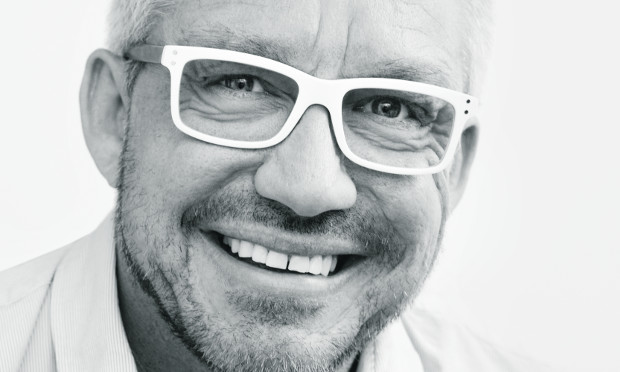How to design happiness into your life
Is there a key to being happy? One would assume so, judging by the title of Paul Dolan’s Happiness by Design.
But if you are looking for a spirituality-meets-science explanation of how to ‘design’ happiness into your life, this book will only give you half of what you wish for.
Hackney-born LSE professor Dolan is an economist and behavioural scientist, and it shows. There is nothing approaching metaphysics here and philosophy is only mentioned in the conclusion.
Once Dolan lays bare his assumptions, he approaches human experience mechanistically. Using hundreds of studies he suggests ways to be happy, or – more in line with his thinking – to design your ‘context’ so that happiness is produced more easily.
His book is full of dozens of conclusions from studies on happiness, maybe too many. Some of these are fascinating. For example, spillover effects from being ‘good’ (e.g. doing some exercise) often lead to more undesirable effects (gaining weight by rewarding yourself with cake). This is the “promoting, permitting, purging” nexus of behaviours.
Are you a “pleasure machine” or a “purpose engine?” How much pleasure would you trade for purpose (by having children, for example)? And are you making the mistake of basing decisions on your evaluative self rather than your experiential self?
These questions are backed up by a few sense-making frameworks. Dolan invokes his intellectual hero, the Nobel laureate Daniel Kahneman’s system one and system two thinking; the first system is fast, instinctive and emotional, while the second is slower, more deliberate and logical. The message being that you may think you are in control but – guess what? – your context is driving you through system one.
This book is academically rigorous in how well-referenced its claims are, though peppered with few anecdotes about Dolan’s own life and opinions. It is also lean on the kind of generalisations or narrative structure that make other books on psychology or self-help titles easily accessible. This is densely packed prose, which may not suit the casual reader.
Perhaps most useful and original is Dolan’s own academic contribution about the role attention plays in manufacturing happiness. “Your happiness is determined by how you allocate your attention,” he writes. “The scarcity of attentional resources means that you must consider how you can make and facilitate better decisions about what to pay attention to and in what ways.”
This is an economist speaking, cool and rational. “If you are not as happy as you could be then you must be misallocating your attention,” Dolan continues.
The Dalai Lama is reported to have said: “If there is ever a conflict with religion and science, science wins.” Well this is science. And as such it corroborates parts of other approaches towards finding happiness that do in fact work. Approach this book like a mine. You won’t remember it all but you’ll almost certainly find valuable nuggets to make it well worth your time.
Happiness by Design: Finding Pleasure and Purpose in Everyday Life is published by Allen Lane. RRP: £19.90. ISBN: 9781594632433

